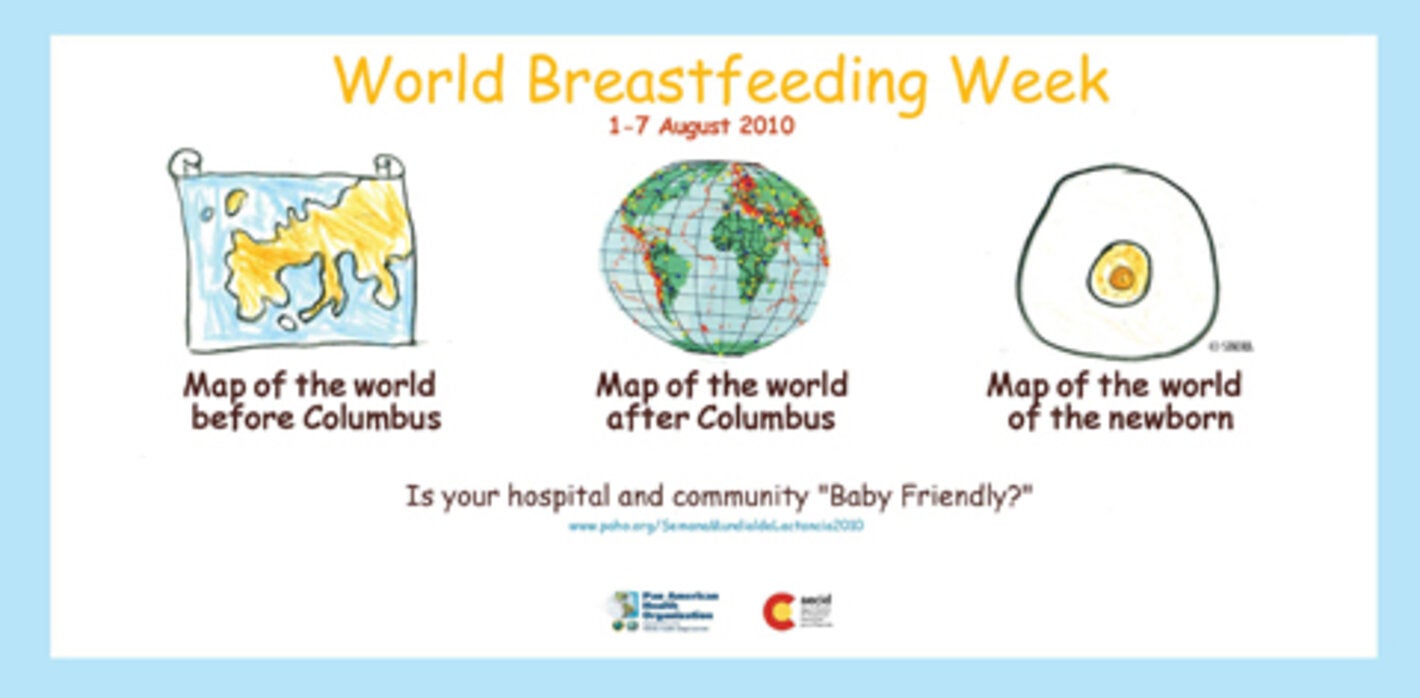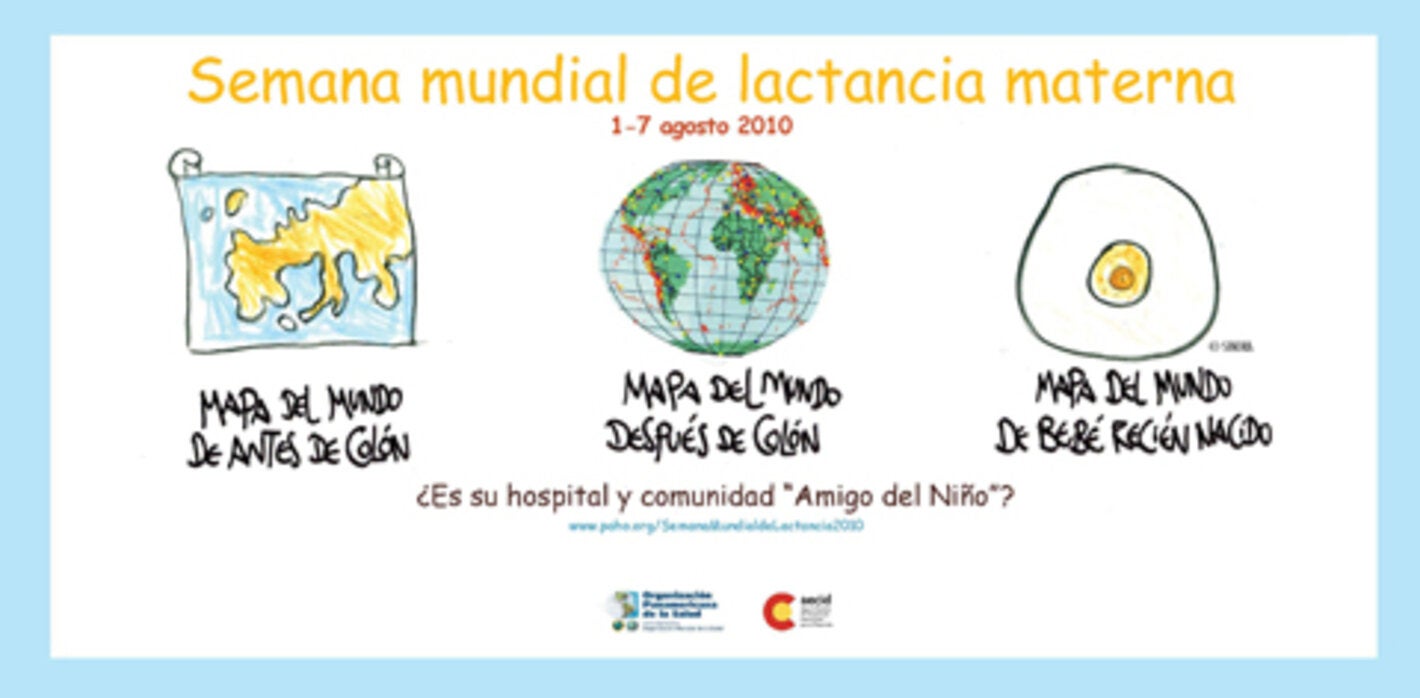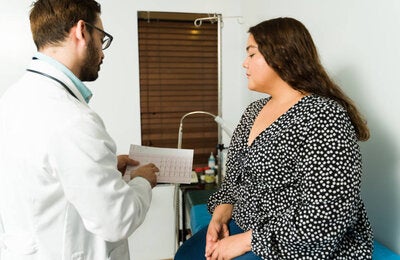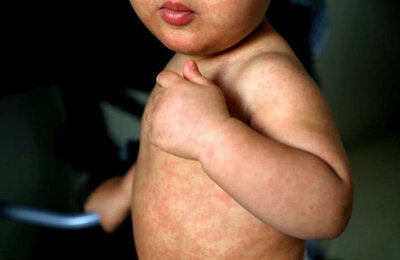

PAHO recommends 10 steps health facilities can take to create supportive environments
Washington, D.C., July 30, 2010 (PAHO) — In celebration of World Breastfeeding Week 2010, Aug. 1—7, the Pan American Health Organization (PAHO) is calling on hospitals and health facilities throughout the Americas to ensure that mothers and babies in their care enjoy the full benefits of breastfeeding.
PAHO is recommending "10 Steps to Successful Breastfeeding" developed by the World Health Organization (WHO) and UNICEF as part of the Baby Friendly Hospital Initiative, originally launched in 1990. PAHO/WHO is revitalizing the initiative in 2010 to help ensure that babies are born in environments that are supportive of breastfeeding.
The 10 steps—recommended for every facility that provides maternity services and care for newborns—are:
-
Have a written breastfeeding policy that is routinely communicated to all healthcare staff.
-
Train all healthcare staff in skills necessary to implement the policy.
-
Inform all pregnant women about the benefits and management of breastfeeding.
-
Help mothers initiate breastfeeding within one half-hour of birth.
-
Show mothers how to breastfeed and how to maintain lactation even if they are temporarily separated from their infants.
-
Give newborns no food or drink other than breast milk unless medically indicated.
-
Practice "rooming in"—i.e., allow mothers and infants to remain together—24 hours a day.
-
Encourage breastfeeding on demand.
-
Give no artificial teats or pacifiers (also called "dummies" or "soothers") to breastfeeding infants.
-
Foster the establishment of breastfeeding support groups and refer mothers to these groups upon discharge from the hospital or clinic.
The hours and days immediately after birth is a period of high vulnerability for newborns. Early initiation of breastfeeding—within a baby's first hour of life—and exclusive breastfeeding for six months can help prevent illness and death.
In fact, breastfeeding is the single most effective intervention for preventing deaths of children under 5. Studies show that about one-fifth of neonatal (under 1 month) deaths could be prevented if all newborns began breastfeeding during the first hour of life.
Moreover, children who are breastfed for seven to nine months have, on average, six points higher IQ than children breastfed for less than a month. Breastfeeding also helps mothers lose weight and reduces their risk for breast and ovarian cancer and type 2 diabetes.
In the Americas, the proportion of infants initiating breastfeeding within the first hour is less than 50 percent in more than half the countries for which good data are available. The practice of exclusive breastfeeding for six months is also low, ranging from 8 percent to 64 percent of babies.
Hundreds of hospitals and health facilities throughout Latin America and the Caribbean have been certified as "Baby Friendly" since 1990 under the PAHO/WHO/UNICEF Baby Friendly Hospital Initiative. However, because certification does not ensure that quality standards continue to be met over time, PAHO is urging that all facilities undergo a recertification process every three to five years.
Interested health facilities, or those that were previously certified, should contact their country's Ministry of Health for information about certification or recertification. Technical briefs and posters from the Baby Friendly Hospital Initiative are available for download on the PAHO website and are being distributed throughout Latin America and the Caribbean.



